Kfar Aza: Home to a shattered peace, tormented by the memories
The kibbutz of Kfar Aza was founded with peace in mind. Its founders dreamt of an Israel where Jews and Arabs would work and live together. That vision of harmony is gone.
The kibbutz of Kfar Aza and its sister villages were founded with peace in mind.
The farmers and activists who went there in the early 20th century dreamt of an Israel where Jews and Arabs would work and live together.
That vision of harmony is gone. The Hamas terrorists who smashed through the gates of Kfar Aza in utes and flew in on paragliders to slaughter innocent civilians killed that dream. After 365 days, only a handful of residents have returned to Kfar Aza.
One of the few to return to the kibbutz is 58-year-old Zohar Shpak, who spent more than 20 hours hiding in his safe room as terrorists raided his community.
Previously, the lawyer was sympathetic towards Gazans, an advocate for cohabitation with Arabs. He was even a member of a group of kibbutzniks who pick up Gazan children from the border and drive them to an Israel hospital for treatment.
“We did everything, we fought against our people to try to bring (Palestinians) a good life, we tried to do everything so they can work (with us), that they can have health and good things from us,” he said.
Now he has no sympathy towards Gazans or Israel’s destruction of the strip, which lies less than 2km away.
His care for his Palestinian neighbours has been replaced by a deep sense of betrayal.
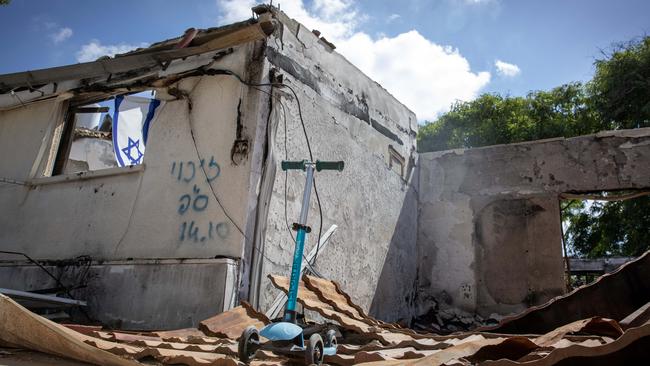
“I’m not dealing with it now, the neighbourhood will have to recuperate itself, I don’t care about them,” he said.
“We did a lot of things to give them a good life but they helped Hamas to get in. After they got in, civilian people from Gaza got into our kibbutz and stole things.
“If the war said ‘It’s me or them’, I prefer me, because I can do peace.
“I can do peace. I know how to do peace, I don’t know now, but in my head I want to do peace.
“Now there is no relationship (between Kfar Aza and Gaza).
“I don’t want them to be dead or the houses to be crushed, it’s the problem of the army. If they think that you have to get a bomb on some of the houses, I don’t care.”
He says what was happening in Gaza was justice for October 7.
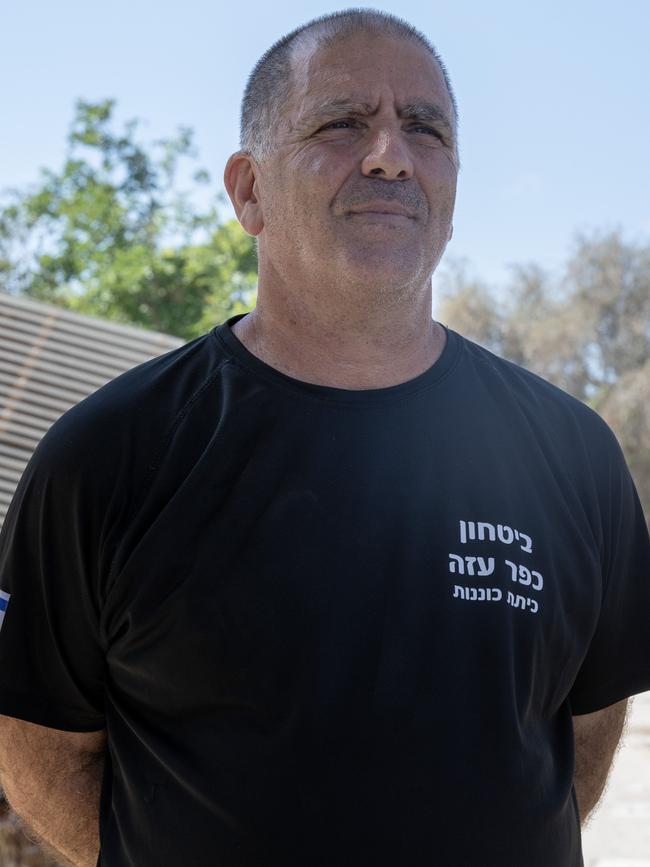
“So it’s justice, there’s no uninvolved people over there. I’m not hating them. I don’t want them to die. I don’t want the houses to be crushed, but it’s a war.”
That “justice” now has a permanent reminder in the form of the sounds of drones, fighter jets and the constant boom of artillery heard in the background, and resulting explosions visible in Gaza.
Over a barbed wire fence, the destruction is clear. Gaza has essentially been flattened, and there’s no sign of that stopping.
Palestinian health authorities – run under the jurisdiction of Hamas but found to be relatively accurate – say Israel’s ground and air campaign in Gaza has killed more than 40,000 people, the majority of identified victims being women and children.
Israel says around half of those numbers are Hamas terrorists. An estimated 1.9 million Palestinians in Gaza – 90 per cent of the population – are now displaced.
At one point during our visit there a week ago and following a large explosion, a plume of smoke emerged from several buildings.
It’s a constant reminder of the IDF’s ongoing assault on Gaza, just 2km away.
On Saturday night, Israel bombed the north of Gaza “incessantly”. We had been warned that we had around two seconds’ notice if a rocket was inbound.
Before October 7, there was life here. Now it is all dead.
Locals described it as a beautiful paradise with children playing on play equipment, riding around on their scooters – just the innocent, simple things.
If a home wasn’t torched, it was likely bullet ridden. Many of the homes have ceilings and every wall completely and indiscriminately sprayed with bullets. Only a few were untouched. Homes families took pride in. Neat gardens, the flag of Israel proudly hanging everywhere.
For the past 12 months, most of the residents have been living at hotels or with relatives across the country, most too afraid, tormented and terrified by the memories of their loved ones being shot, kidnapped or blown up to return.
Here, Hamas terrorists massacred 54 people and kidnapped 18, five of whom remain in captivity.
A further 26 soldiers or police were killed on duty here.
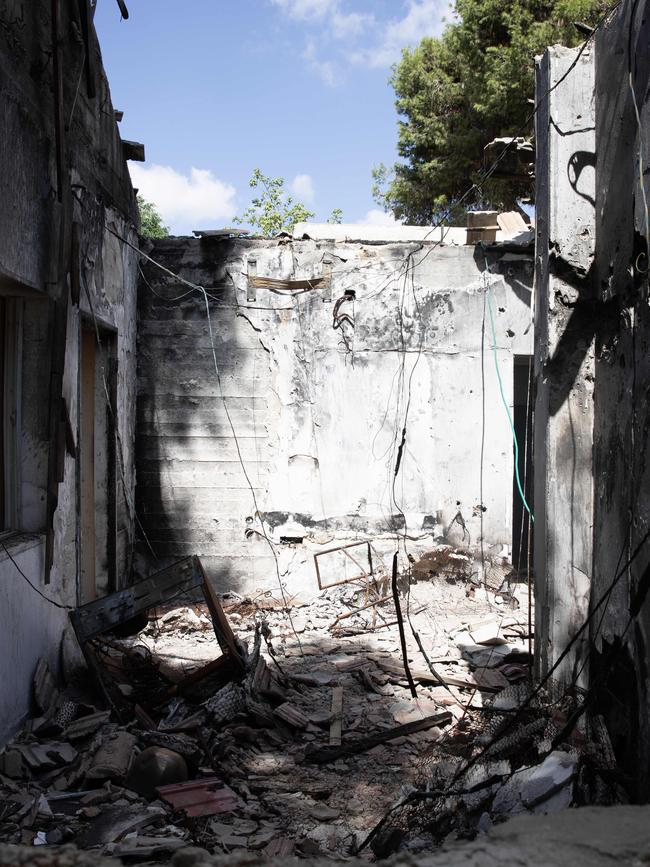
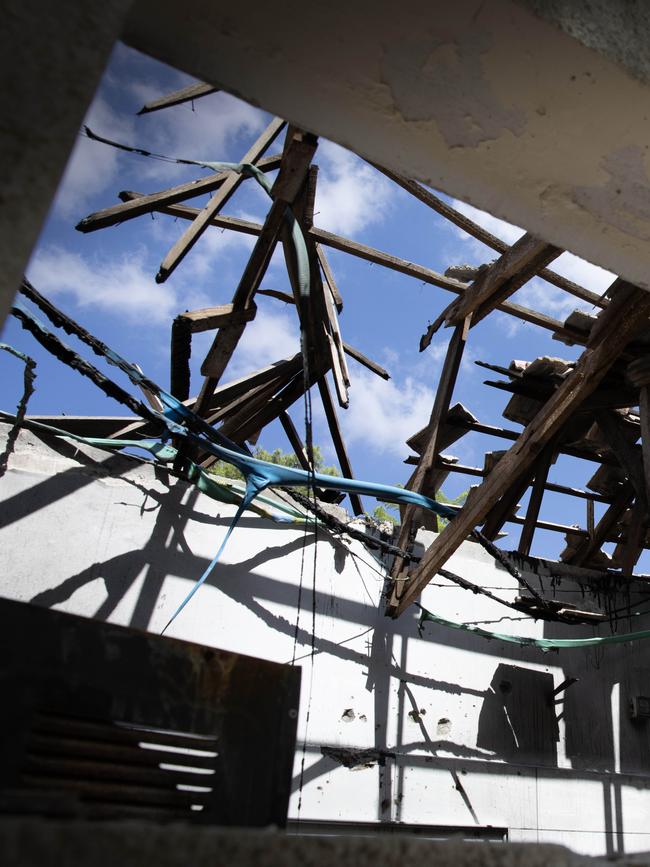
Avishay Argentaro takes us to his parents’ home. They haven’t returned since the attack.
The living room is littered with bullet holes on every wall and the ceiling. “Each bullet reminds me of a person that died on October 7,” he says.
There’s a hole in the ground from a grenade. Back at his home, he explains how he spent 24 hours in his safe room – the bedroom of his children – with his family.
With doors not designed to lock, he spent the entire time holding the handle shut.
Some of his fellow kibbutzniks died holding their doors shut when they were already shut.
“I couldn’t move my hands for two weeks after it because I held it so strong,” he said.
Some 20 minutes further south to the kibbutz of Nir Oz, only 190 of the 450 there survived.
The rest were either killed or taken hostage, like Rita Lifshitz’s father-in-law Oded Lifshitz, who remains a captive.
Oded, a great-grandfather and fluent Arabic speaker, would take Gazan children to Jerusalem every week for chemotherapy, picking them up at the border and dropping them off at specialty clinics to get the care they couldn’t get under Hamas’s reign.
“The only way that I believe he is still alive is that there is a family who is taking care of him who recognise that he was helping his children to survive,” Lifshitz said.
“We need all of our hostages to be back home now but they are being forgotten because of all of the crazy things happening around us in the Middle East.”
Like Zohar, she feels a sense of betrayal from the people of Gaza, and she blames the countries across the world who sent money meant for aid.
“We were the ones who gave all this money to build terror; now all the world needs to build Gaza up to be a better place to be in, and we need peace in the Middle East.
“The Hamas terror, they did not succeed to take our amazing energies and we are keeping our heads up,” she said.
Last October 7 about 6:30am, 150 Hamas terrorists attacked Nir Oz from three directions, smashing through a fence with a ute before going on their rampage.
Every house bar six was burnt down and destroyed, she says.
“It’s been a whole year of sorrow, and we’re going to start to rebuild our kibbutz, its going to take around three years, we have architects already.”
In the background, mixed with the sounds of birds chirping, the whirr of a grinder pierces the air. Yet the recovery is slow.
Only one woman still lives here, feeding the local cats. Others occasionally come for a few days.
At the kibbutz’s kindergarten, “Tut”, we’re greeted at the entry by a school bag rack where 24 names of students are labelled above hooks. A single pair of small shoes sit at the top.
The kindergarten looks like a used bunker. The walls are charcoal black after locals say a terrorist threw a grenade inside.
A trickle of sunlight illuminates the room enough to see tiny chairs and tables where children would normally sit. It’s where the children of Yifat Zailer’s cousin, Shiri Bibas, should be sitting.
Instead, Shiri, 32, her husband, Yarden, 34, and her two children, Kfir and Ariel, were kidnapped to Gaza on October 7. The children were Hamas’s youngest hostages.
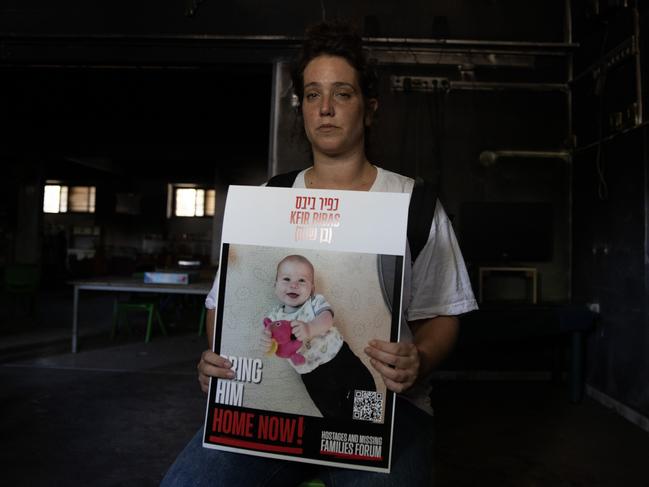
Hamas says it has killed Shiri following an Israeli airstrike in Khan Yunis, and that the children are no longer alive. Zailer holds some hope but her pain is strong.
A year on from their kidnapping, she says she is “still explaining, still apologising, still crying”.
“It feels like they’ve gone, they’ve disappeared, and no one talks about them anymore,” she says, holding back tears.
“I want to tell them that I’m sorry; we all owe them an apology.
“I cry for every child who has been hurt in this world.
“Another generation is going to be raised to hate, or be afraid.
“If I can find compassion in my darkest time, I ask the world to do the same,” she added.


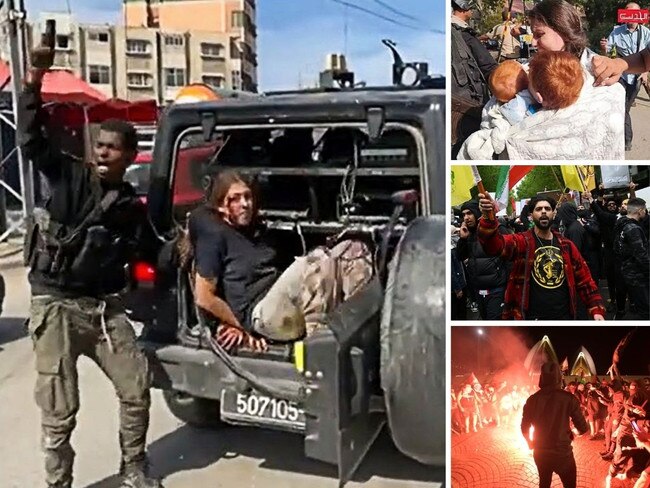
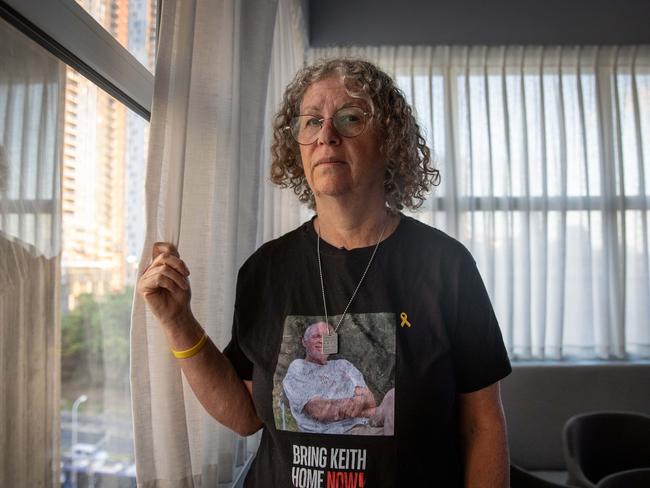
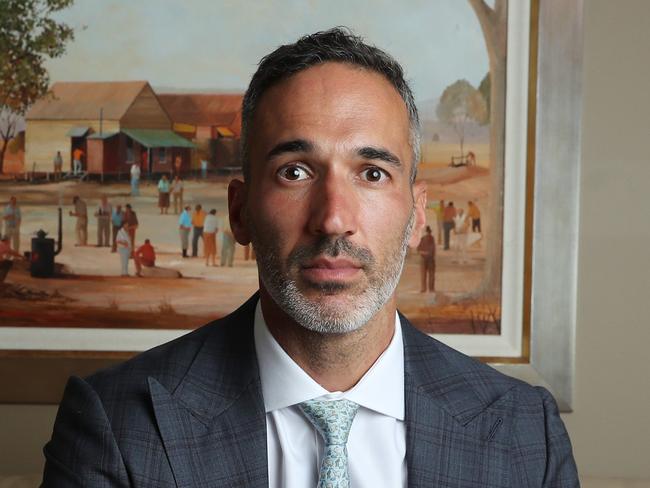
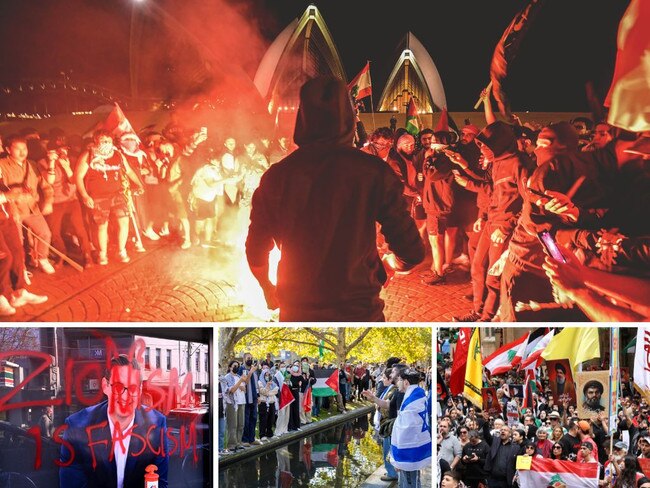
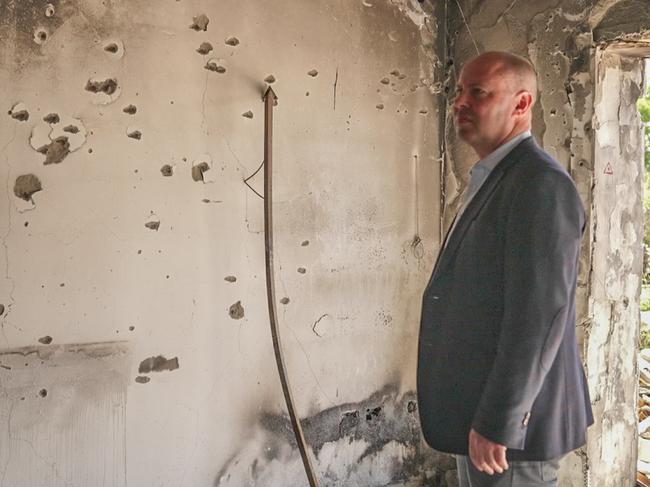
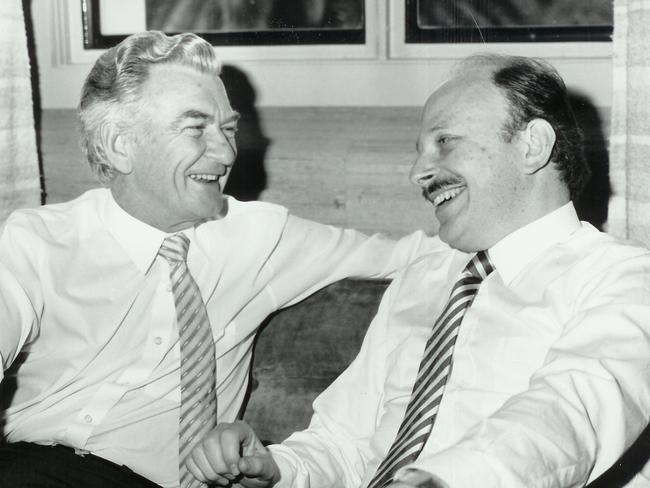
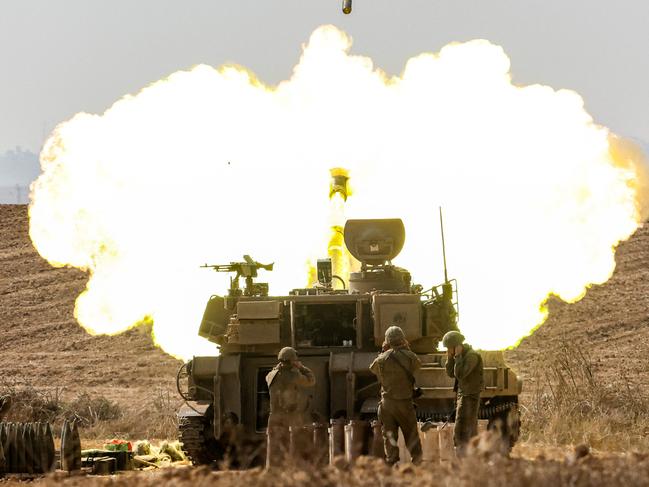
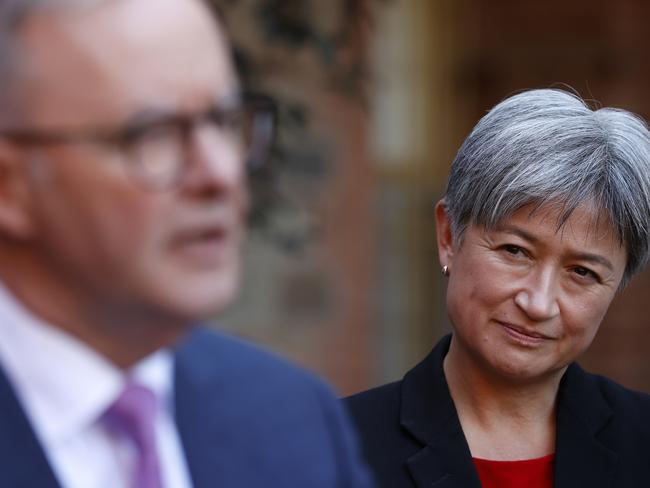
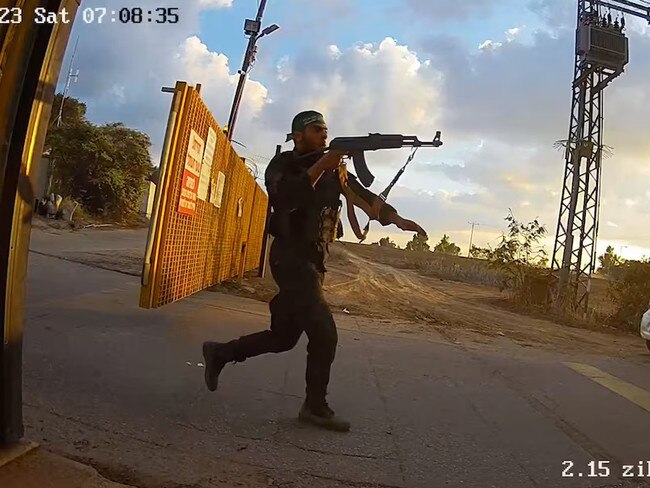
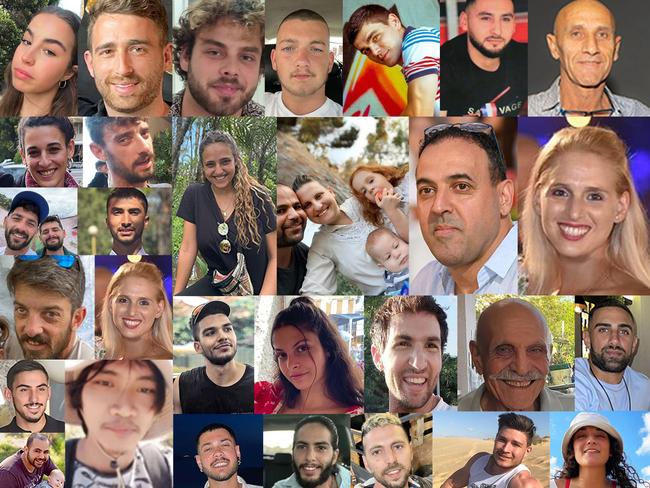
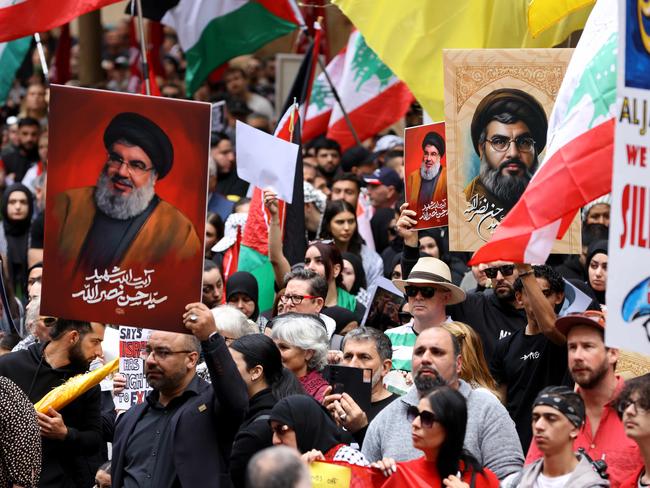
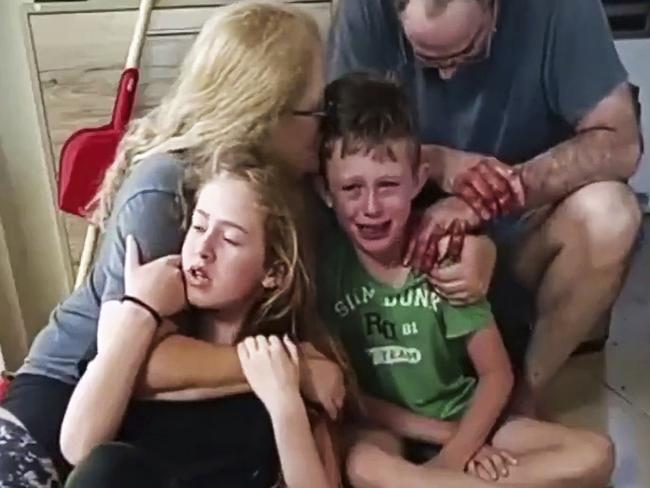
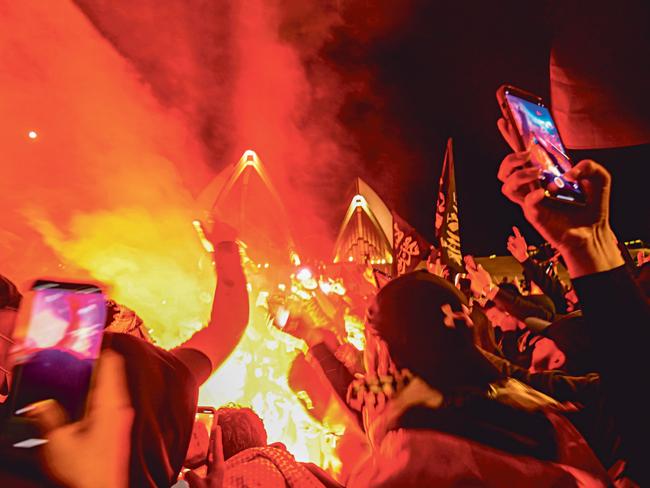
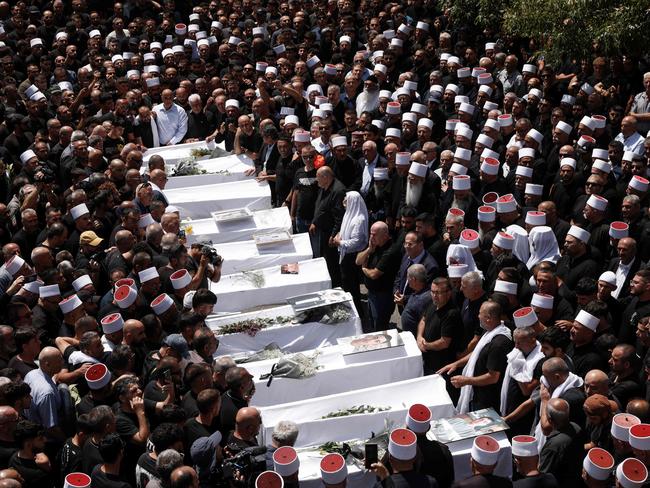
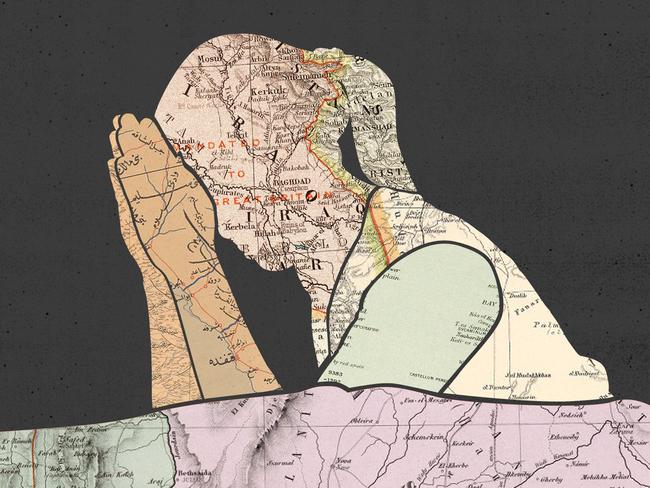



To join the conversation, please log in. Don't have an account? Register
Join the conversation, you are commenting as Logout